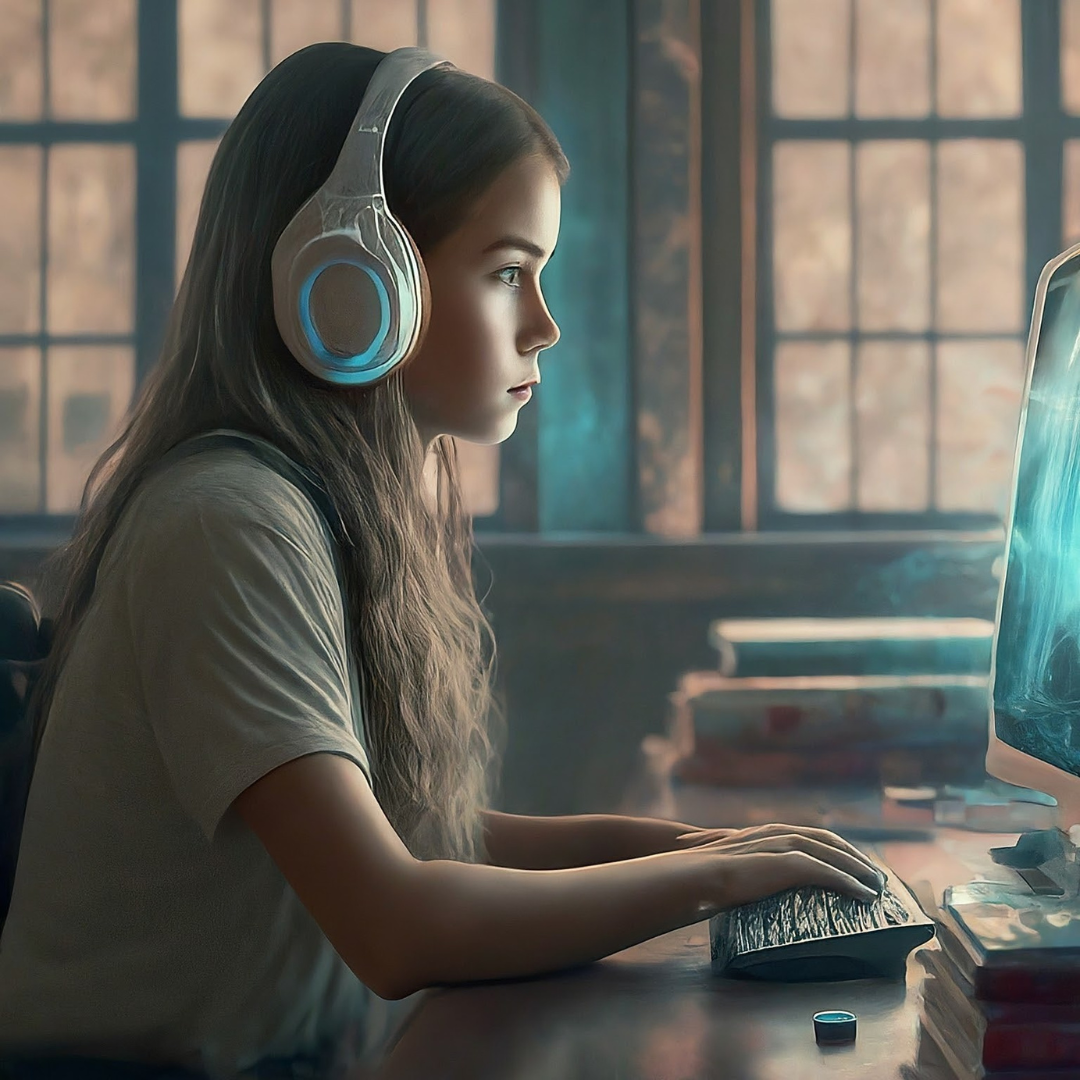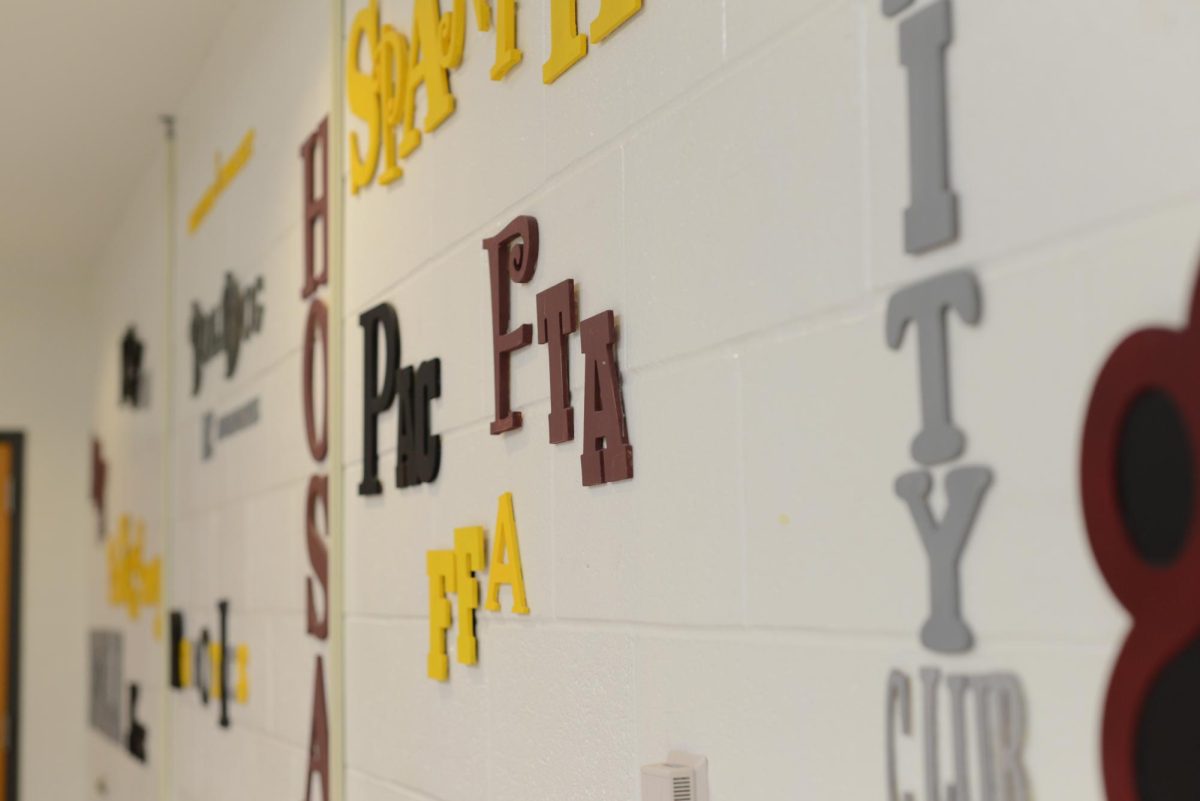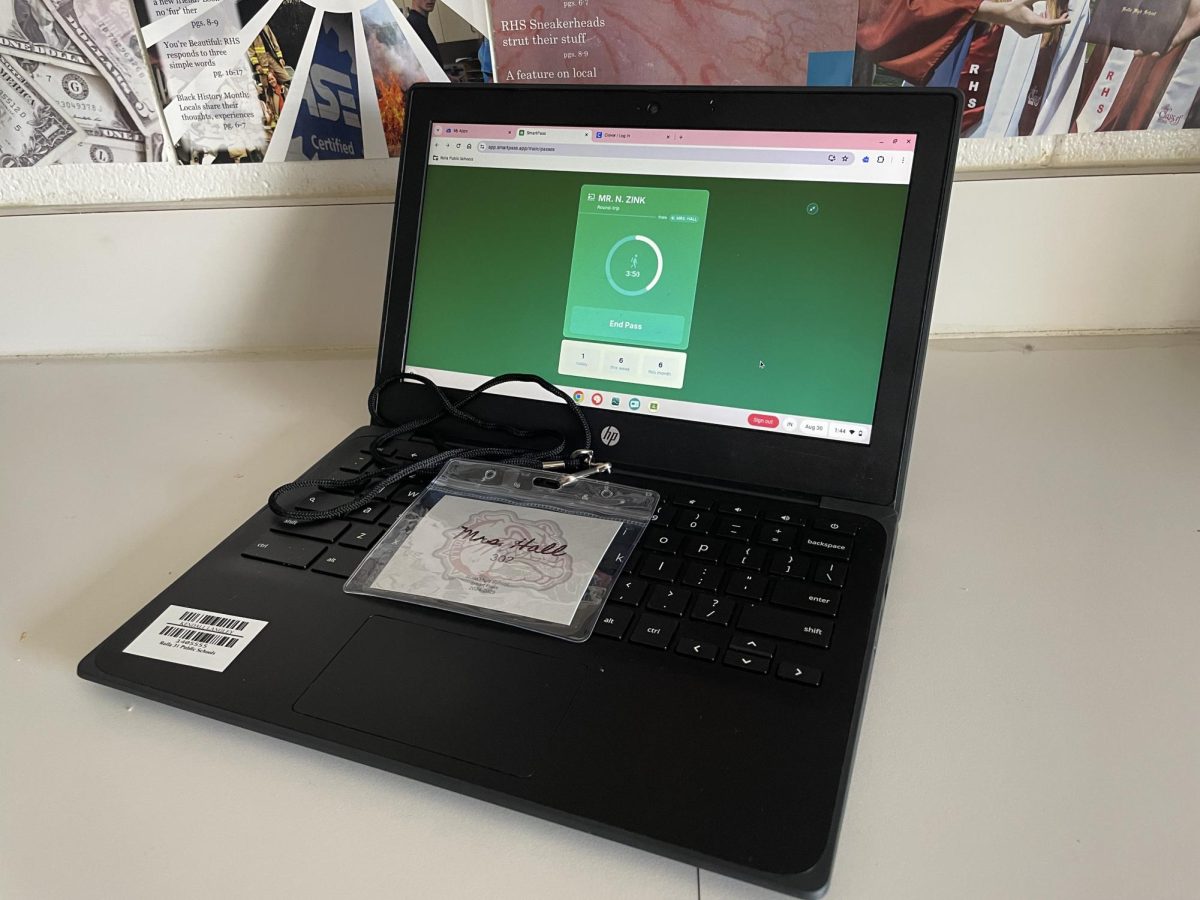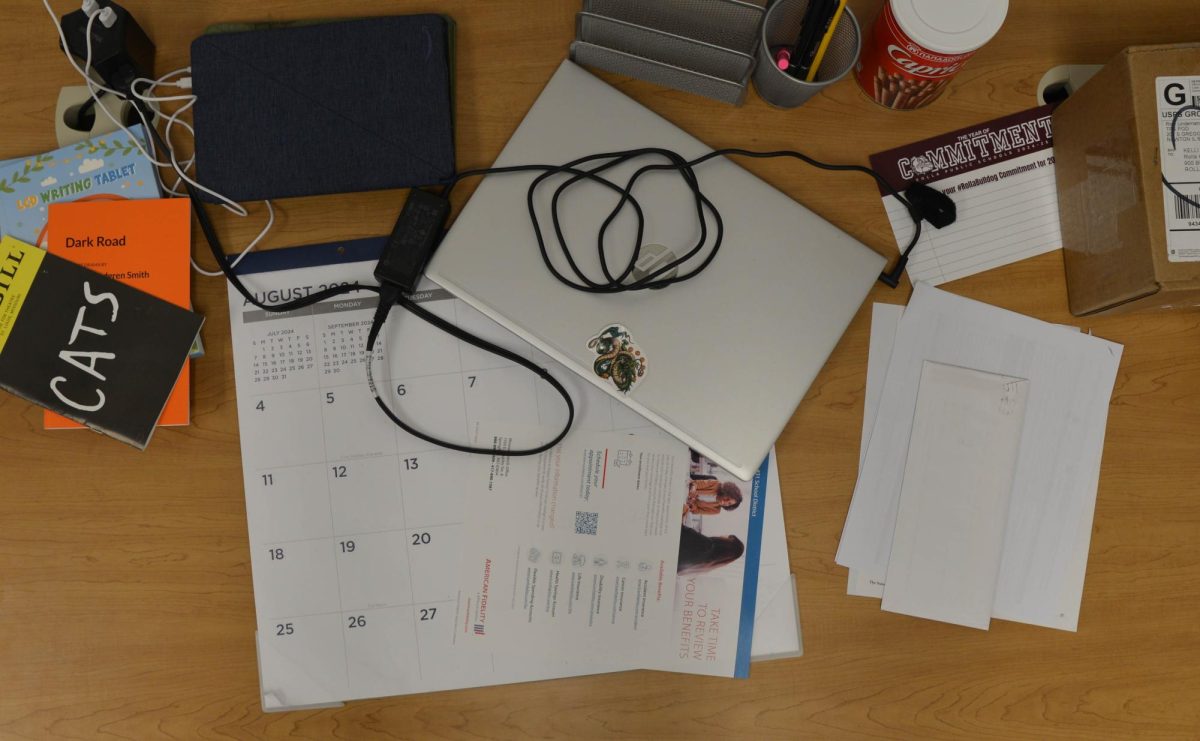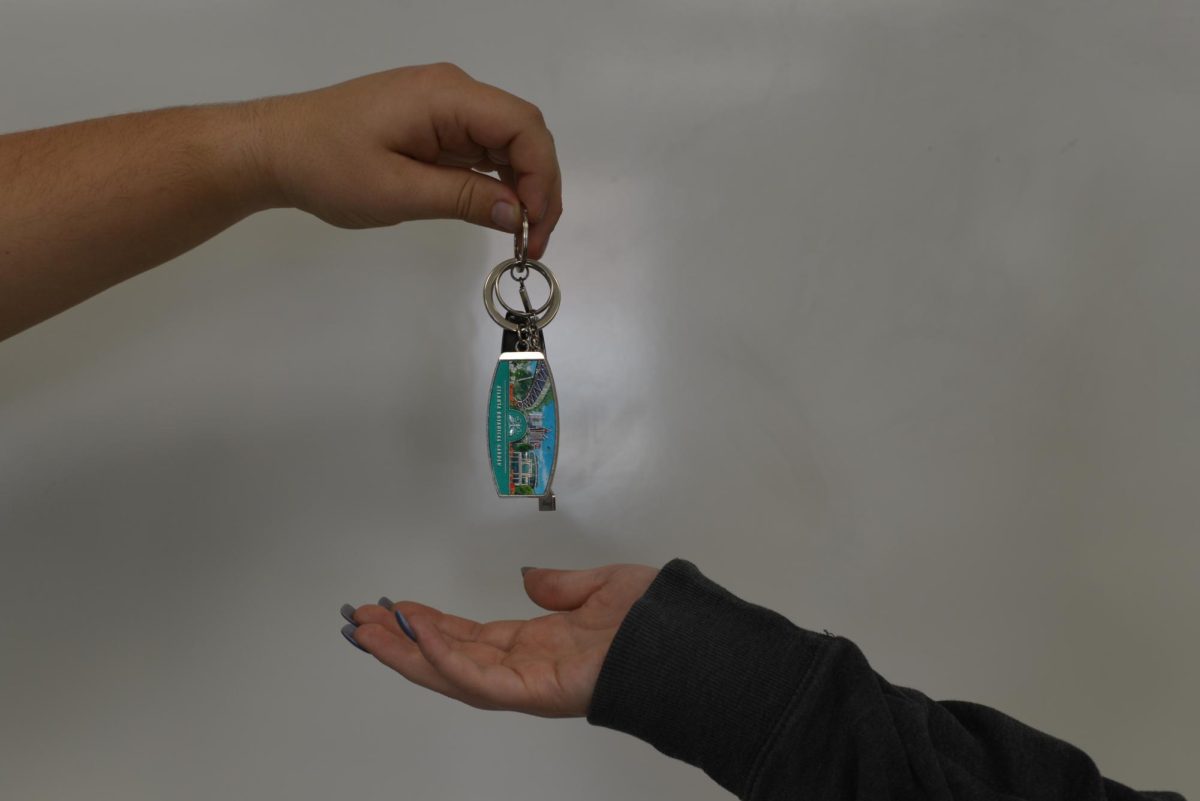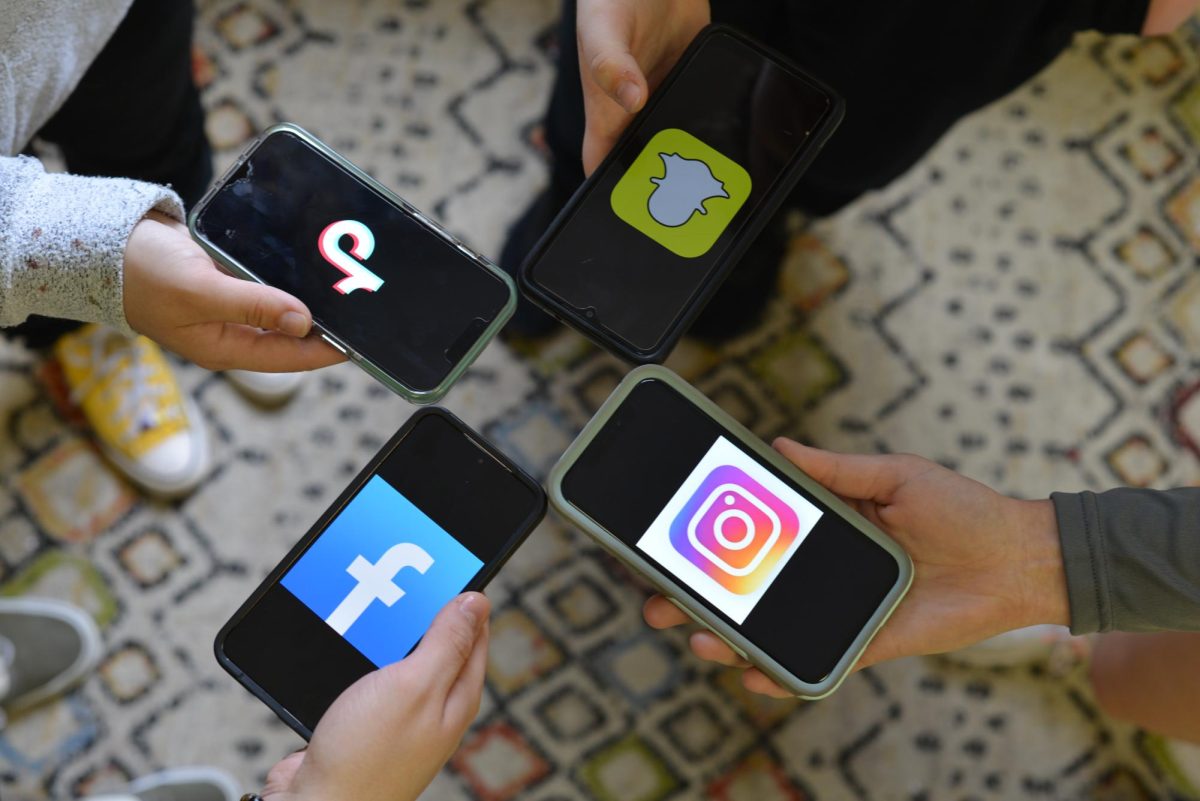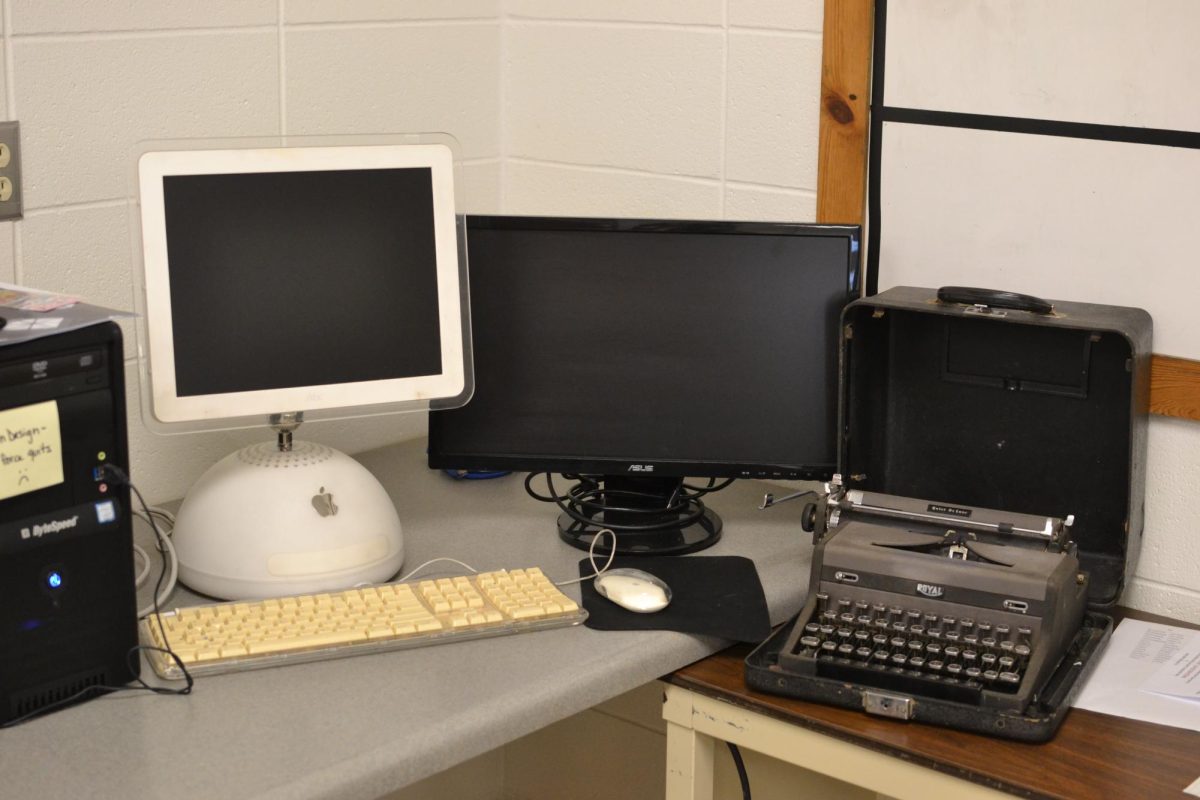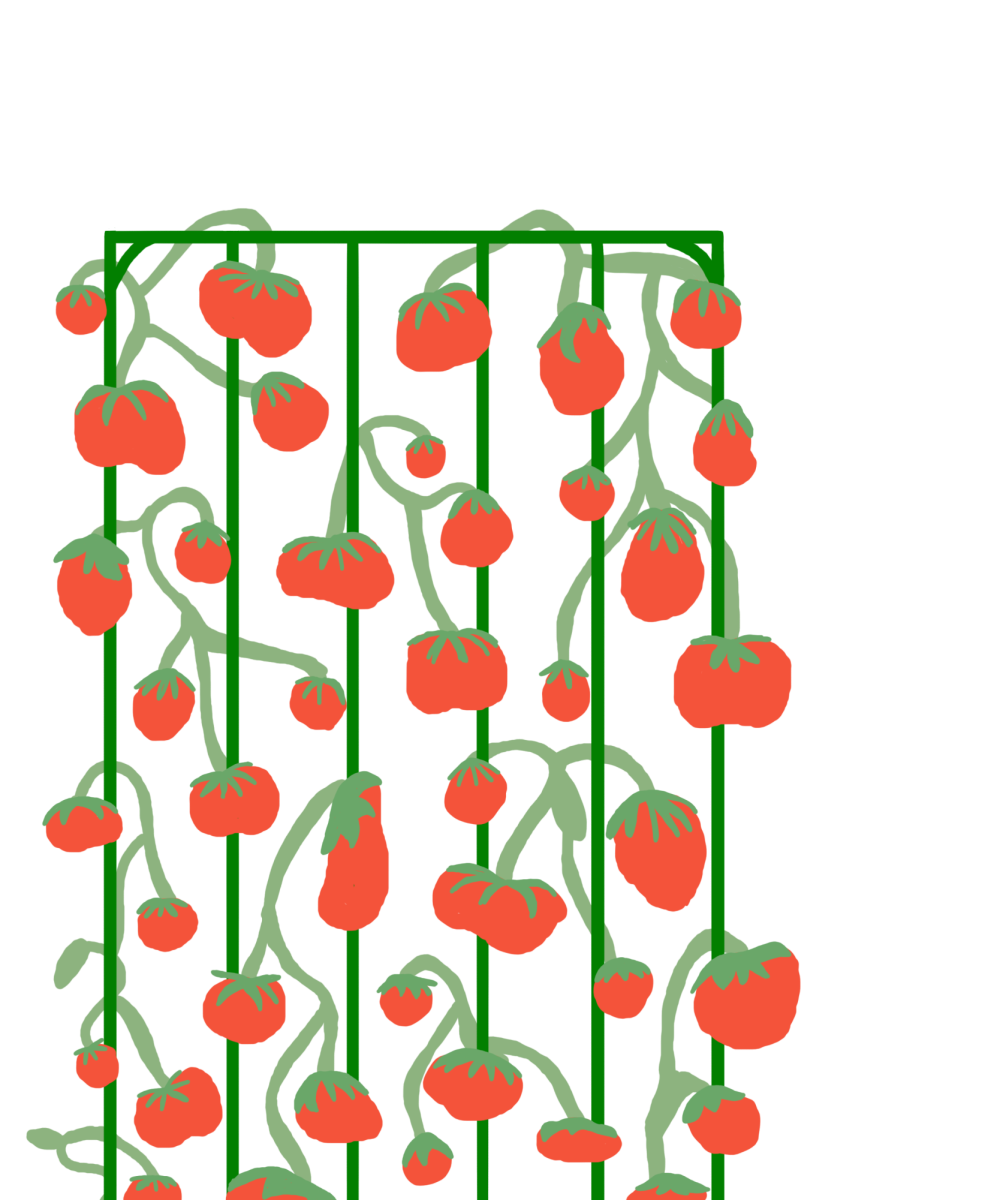In today’s rapidly advancing world, education has stood at the front of change. It is what determines the future, and how we approach it is critical. It has become increasingly clear that traditional teaching methods aren’t enough. It’s time to switch up and turn our attention to Artificial Intelligence. AI in education has been a subject of controversy, even from the moment the first model of Chat GPT came out.
Will this new technology destroy all use of critical thinking and creativity, or will it bring in new ideas and improve education overall?
First off, it’s important to recognize whether or not we implement AI into education, it will end up there anyways. AI being introduced in education is evident, so this is not a question of “if” it is a question of when. AI is going to be everywhere whether we like it or not. Think about how fast AI advanced last year compared to this year. It’s rapidly moving forward and we must learn to eventually adapt to it.
Unprecedented change is coming and should we worry?
Change is often seen as negative but I see many benefits in integrating AI in education. Starting off with the fact that it can revolutionize education by providing diverse and individualized learning. Imagine a classroom that is perfectly matched to each individual student and aids to their unique needs. For example, some students learn far better with visuals aids but some need interactive activities to understand the concept fully. It can be hard to provide every student with efficient education when every child learns differently. This was shown in an article by Takyar, Akash, “AI-powered tutoring systems leverage advanced algorithms to offer students personalized and real-time feedback. As students engage with learning resources, the AI analyzes their responses, identifies areas of difficulty, and tailors explanations to enhance comprehension.” From this we can see the unprecedented benefits that AI could bring into education.
How can AI influence daily life?
I find that AI can be more than helpful in my studying. One of the most useful features that is rarely talked about, and one of my favorite things to do with AI, is debating. To enable this, all you have to do is input a topic and ask the AI to debate with you. This can be extremely useful as Socratic discussions is one of the best ways to learn yet most students don’t have access to it. It can help you by coming up with arguments and challenging the way you think.
Not only can it help students but also teachers. Currently, 9 out of 10 teachers work overtime. AI can change this by creating lesson plans, grading papers, and more. And according to K-12 Dive, “A new report has revealed that U.S. teachers work a combined 1.75 billion hours of overtime every year – equivalent to $84 billion in unpaid hours – but that the support offered by AI tools could shrink that figure by over 85 percent.”
Although there are also many concerns that arise when considering integrating ai into education. At the very top is cheating. Many argue that integrating ai won’t only allow students to cheat but make it seem okay. If students see teachers using it and it being used in the classroom constantly, why would them using it on their assignments be wrong? This is a reasonable concern but let’s look deeper into it.
Even without AI being integrated in, students will and are currently cheating on assignments like essays and other tasks that can be easily generated by AI. But this isn’t just the student’s problem, it’s also the actual assignments we are assigning these students. It’s time to finally answer every student’s question “when will I ever need this in real life?” If we made our assignments more about actually helping students and preparing them for the future, they’d be more interested and do the work. In the real world, you need to use your creativity, speaking skills, and work with your hands and brain. Instead of assigning essays and worksheets we change them to Socratic discussions, making interactive posters and displays, and focus more on project based learning and student directed learning. They won’t even be able to cheat with AI even if they wanted to. Not to mention even if we didn’t introduce AI to the classroom, kids would cheat either way; with assignments like essays and worksheets, students can easily find answers online and copy off their peers. Cheating is inevitable with assignments like this. If we want to stop it, we need to fix the root problem which is the assignment itself.
Another concern is privacy and biases but this argument is rather weak because it exists all around us. Many believe that because we are inputting terabytes of data into these AI models, it could develop a bias but these biases exist in the media today and all around us. AI is not going to amplify it, there would be no difference. The same goes for privacy, sites like YouTube, Instagram and more, track kids as they use them. If we allow students access to the internet we are subjecting them to the same information used to feed these AI models. AI wouldn’t make things worse or better.
In conclusion, AI should be implemented in schools sooner before it comes to us without a warning because in the real world, it will be used everywhere and we can’t protect students from it forever. Instead we should embrace it, and use all the benefits it comes with. A quote from Matt Miller says “This version of ChatGTP is the weakest, most rudimentary artificial intelligence of its kind our students will ever use.” This is only the start.



